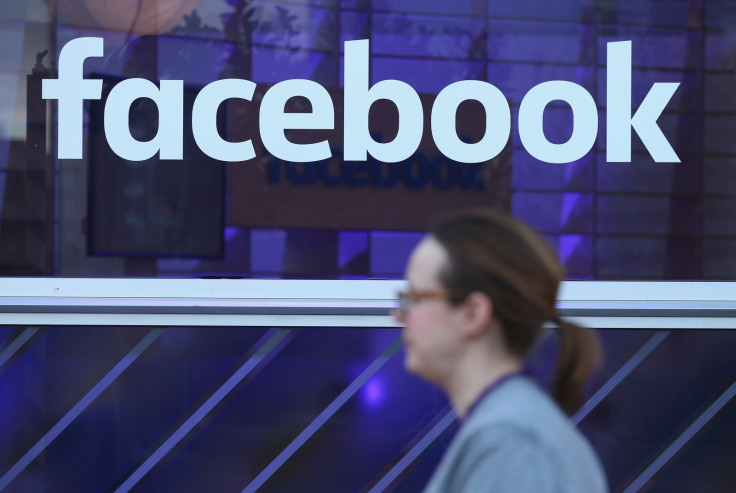Facebook blocks abortion support group for 'promoting and encouraging drug use'
Women on Web provides abortion pills via mail to women living in countries where the procedure is restricted.

Facebook has removed the page of an international non-profit that helps women obtain abortion pills, citing its policy prohibiting the "promotion or encouragement of drug use" on its site.
The Amsterdam-based group, Women on Web, provides abortion pills via mail to women living in countries where the procedure is restricted, and offers medical consultations online.
Its sister organisation, Women on Waves, performs abortions and offers other reproductive health services on a ship in international waters.
In a Facebook post on Thursday (11 May), Women on Waves wrote that Women on Web's page was "unpublished" and posted a screenshot that appears to show the message sent by Facebook regarding its removal.
"It looks like content posted on your page doesn't follow the Facebook Terms and Community Standards, so your Page was unpublished," the alleged message from Facebook reads. "If you think your page was unpublished in error, you can appeal. Before you appeal, we suggest removing any violating content from your page."
Facebook notes that if the appeal is denied, the page will be permanently deleted.
"Women on Web provides life-saving information to thousands of women worldwide," Women on Waves said in a statement. "Its Facebook page publishes news, scientific information and the protocols of the World Health Organization and Women on Web has answered over half a million emails with women who needed scientific, accurate information essential for their health and life. We expect Facebook will [undo] this action soon enough, as access to information is a human right."
Since 2006, Women on Web says approximately 50,000 received a medical abortion at home and over 200,000 women from more than 140 countries did the online consultation. The group's helpdesk answers around 10,000 emails in 16 languages every month, its site said.
The service is particularly popular in the Republic of Ireland and Northern Ireland where abortion is illegal except in exceptional circumstances. It has also seen a sharp uptick in Latin American countries following the outbreak of the Zika virus after the link was made between virus infection during pregnancy and brain defects in babies.
This is not the first time Women on Web has clashed with Facebook over censorship.
Back in January 2012, the social media network deleted the profile photo of Dr Rebecca Gomperts, the group's founder and director. The image featured text instructions of how to induce medical abortion using Misoprostol.
She was later locked out of her account after she re-posted the image. Facebook later apologised for its removal and the subsequent warning saying it was done so "in error".
The latest incident comes as Facebook attempts to balance freedom of speech and moderation of sensitive content on its platform. The company came under fire in 2016 after it deleted a series of different "explicit" images and videos including the Pulitzer Prize-winning "napalm girl" photograph, the Swedish Cancer Society's breast cancer awareness video and a photo of the nude historic statue of Neptune among others.
However, the company has also drawn sharp criticism over its handling of graphic live and uploaded videos on its platform that broadcast disturbing content such as murders, rapes, suicides and torture. Earlier this month, Facebook is hiring 3,000 additional people to review such content.
© Copyright IBTimes 2025. All rights reserved.





















